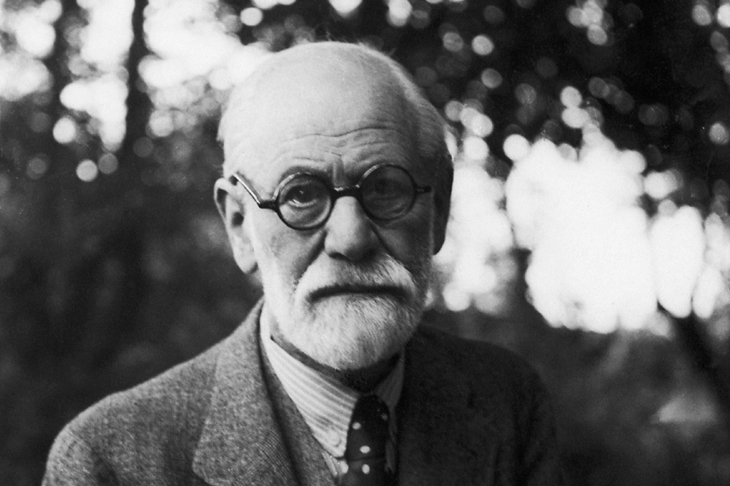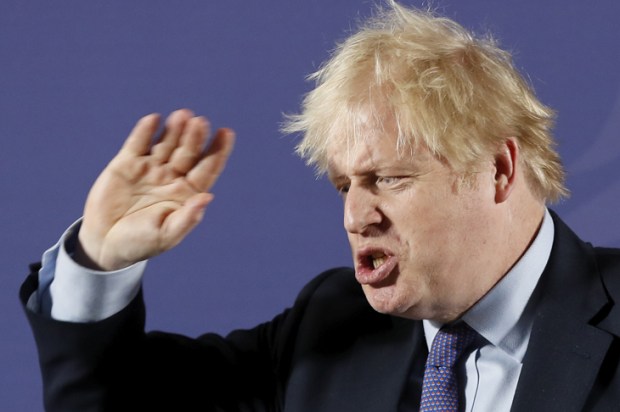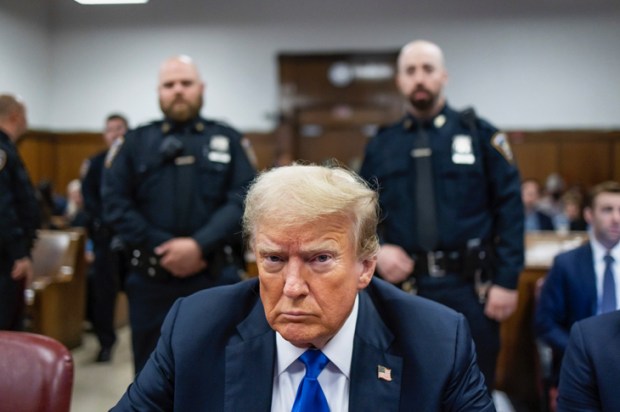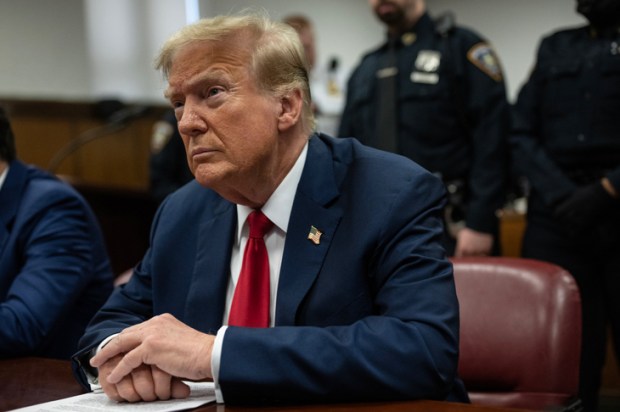Trump’s inauguration will be loathed by many. While the meltdown of his enemies are too long and varied to document, the ceremony will symbolise one of the worst defeats for traditional feminism. But it should be seen as a penalty for overreach, not as a denial of liberal principles. The victories for women’s rights in the past half century across the Western world are appropriate and extraordinary.
Already a subscriber? Log in
Subscribe for just $2 a week
Try a month of The Spectator Australia absolutely free and without commitment. Not only that but – if you choose to continue – you’ll pay just $2 a week for your first year.
- Unlimited access to spectator.com.au and app
- The weekly edition on the Spectator Australia app
- Spectator podcasts and newsletters
- Full access to spectator.co.uk
Or
Unlock this article
You might disagree with half of it, but you’ll enjoy reading all of it. Try your first month for free, then just $2 a week for the remainder of your first year.














Comments
Don't miss out
Join the conversation with other Spectator Australia readers. Subscribe to leave a comment.
SUBSCRIBEAlready a subscriber? Log in